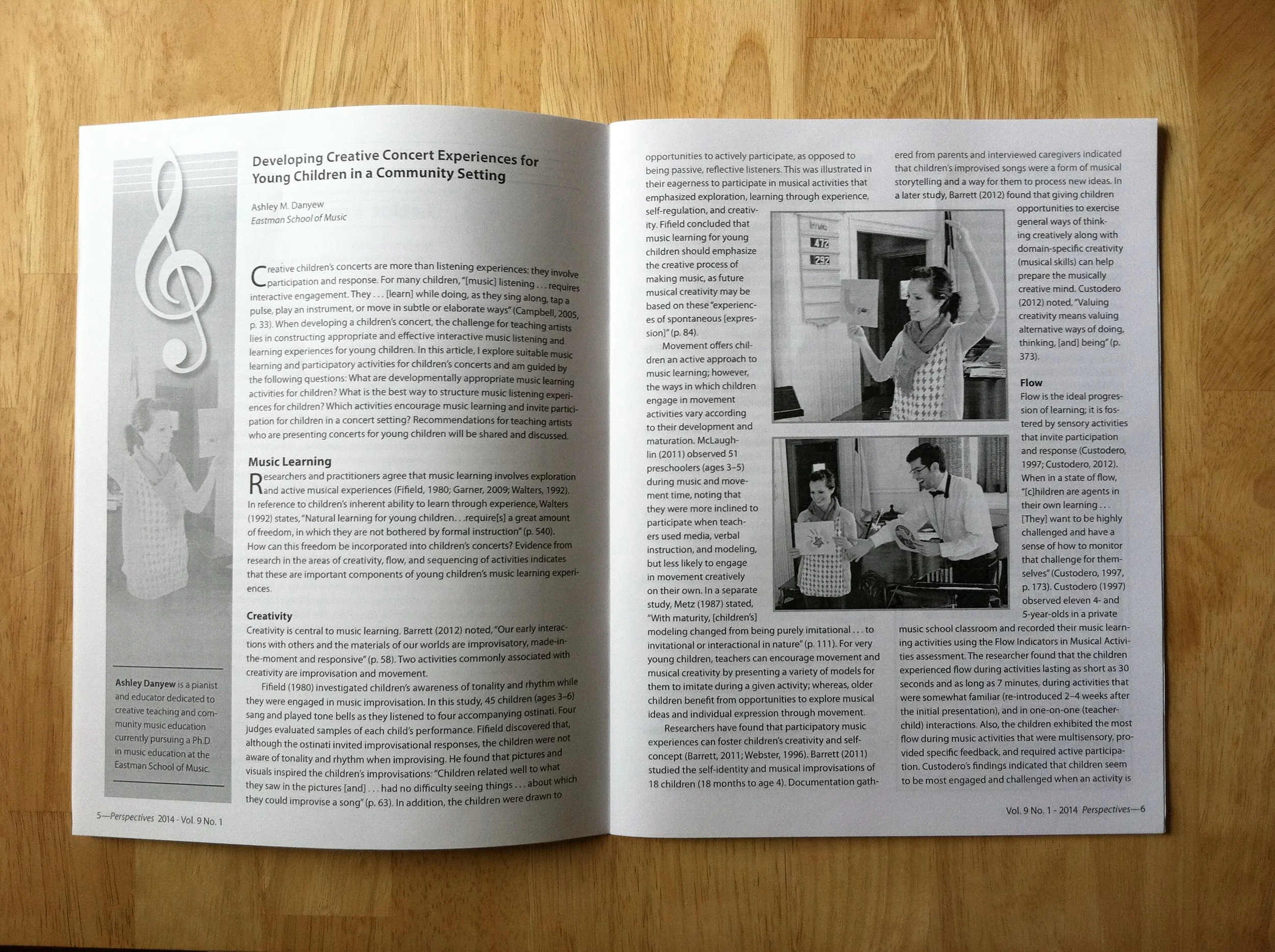![The Most Important Question I Ask In Teaching]()
As teachers, we ask a lot of questions. But, did you know there are different kinds of questions (or ways of asking questions) that can actually promote learning? A good question does more than assess student learning or mastery of a concept; it can actually foster a deeper level of understanding, open a space for productive dialogue, and promote self-reflection.
This is important because, as music educators, we love nothing more than seeing people learn and grow, as individuals and as musicians.
There are two main types of questions: closed-ended and open-ended.
Here is a bit more about each one:
Closed-Ended Questions
These are questions that have a yes/no answer. This doesn’t promote a lot of deep thinking, as the answer is typically given in the question (e.g. "Is the bottom line of the treble staff an E?") and the learner has a 50/50 chance of getting the answer right. These types of questions work well for younger students when you're comparing things, though I would rephrase the question to, “Were those the same or different?”














